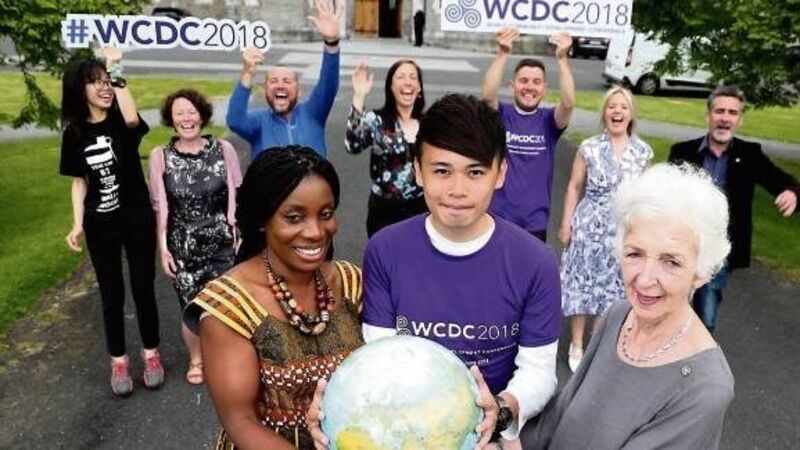Community work key to tackling inequalities

With Ireland reporting on its progress on the Sustainable Development Goals (SDG) to the United Nations next month, up to 400 delegates meet at the World Community Development Conference 2018 in Maynooth from June 24- 27 to consider community development as a response to social and economic inequality, poverty, climate justice, rights realisation and other global challenges.
















